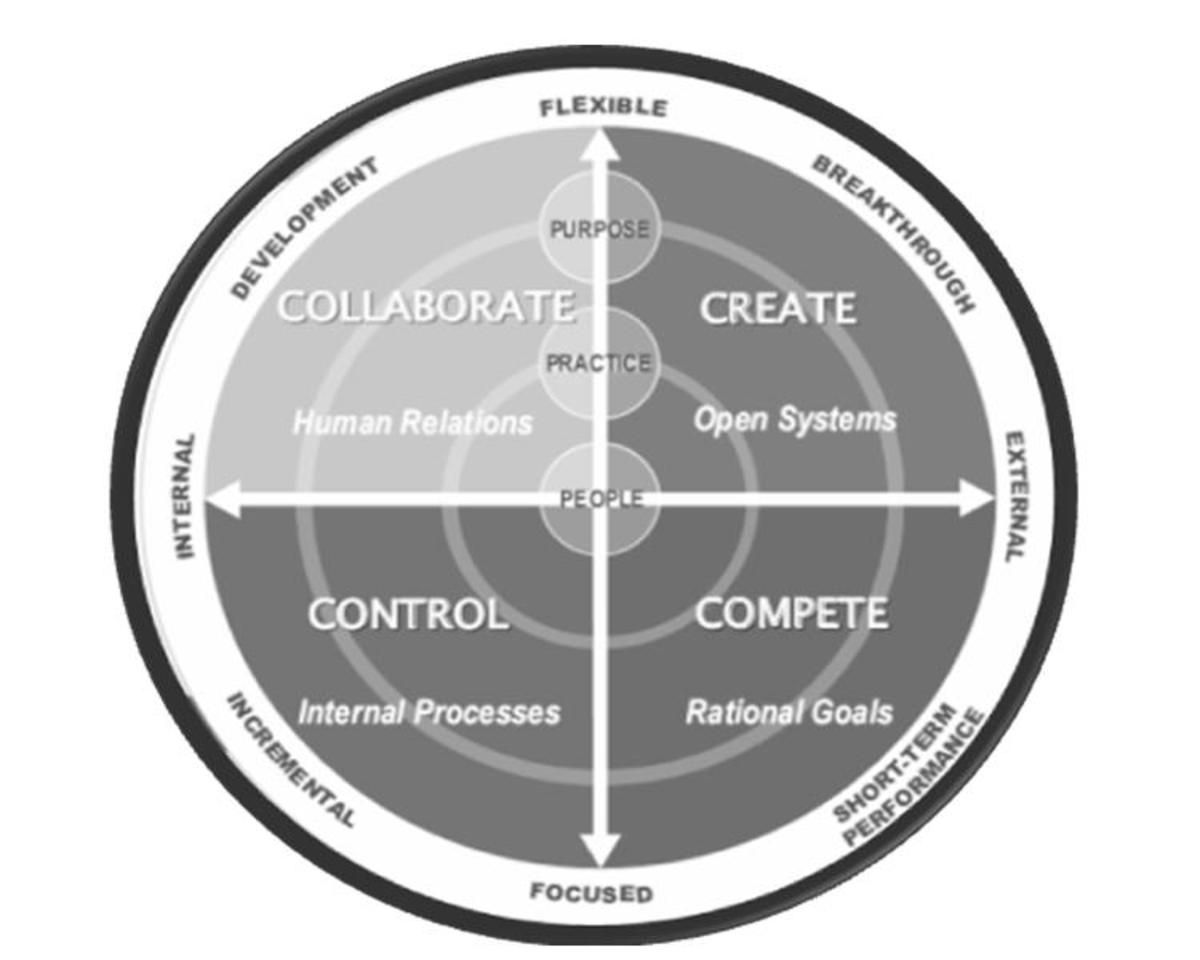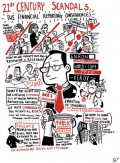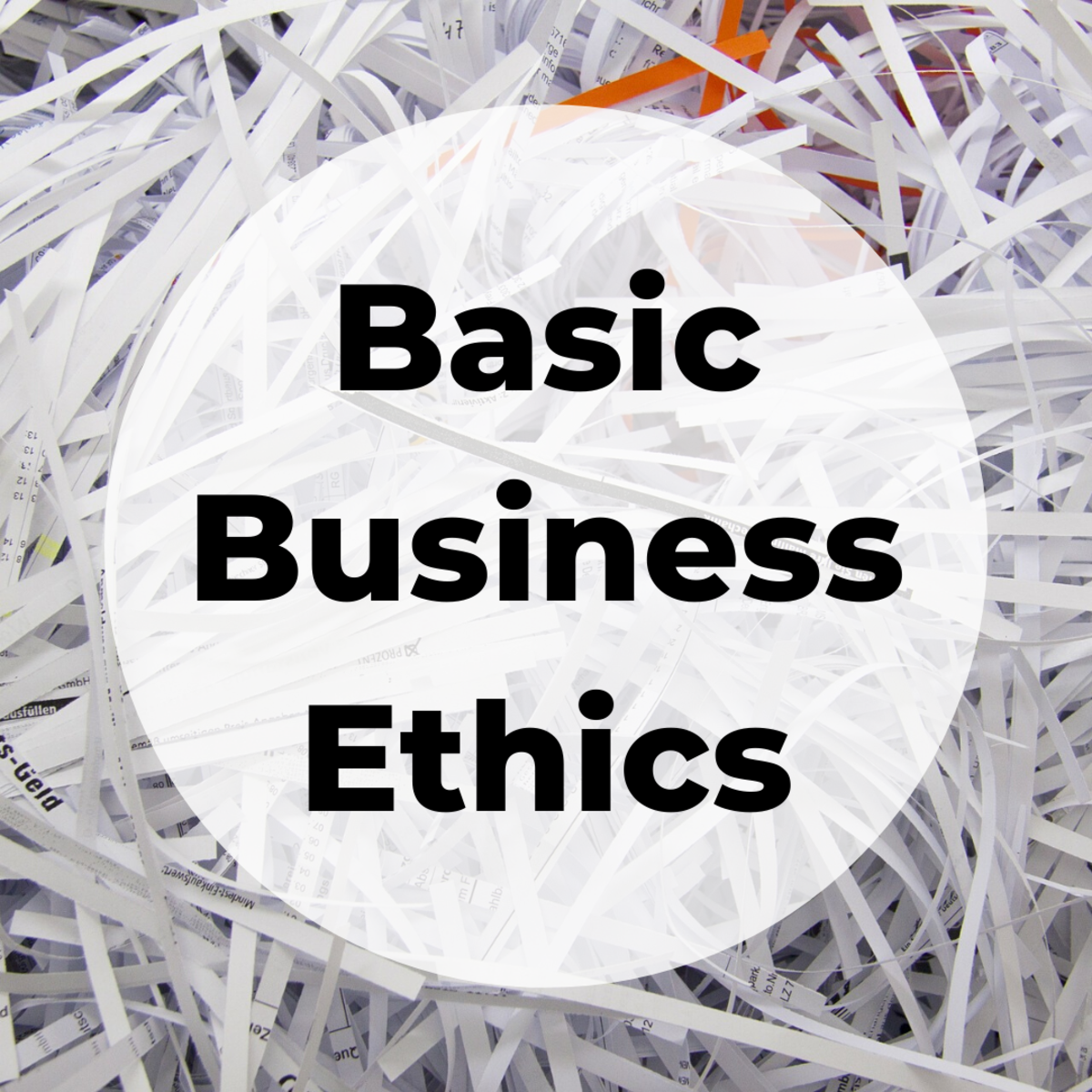Corporate Social Responsibility (CSR), Creating Shared Value (CSV), and Catholic Social Teaching (CST)
What is good for society is good for business!
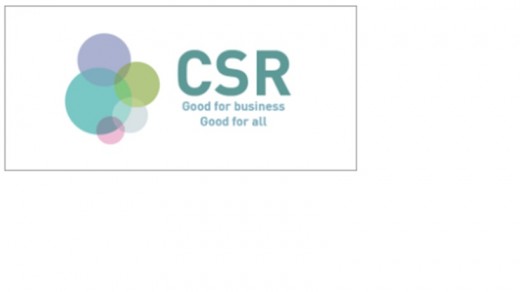
(Department of Business, Enterprise and Innovation, n.d.)
Corporate Social Responsibility (CSR) in recent weeks has been making headlines. Walmart has twice raised their minimum wage. Larry Fink, the CEO of Blackrock, called for a corporate social change in his annual letter to shareholders. A week or two later, Jamie Dimond (JP Morgan), Jeff Bezos (Amazon), Warren Buffett (Berkshire Hathaway) announced that the three corporations would combine corporate power to offer their employees more affordable healthcare coverage. And, more recently, because of school shootings, corporations are making changes in policy as it relates to the sales of firearms. Some have discontinued their relationship with the National Rifle Association; others have chosen to adjust what they sell and to whom.
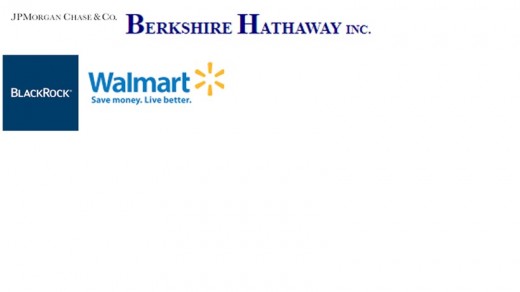
History shows, unfortunately, that in good economic times companies will share in the wealth, but with a down economy, such outreach may go by the wayside to maintain profits. In the above examples, how do we know whether these initiatives will continue? As of recently, there is a definite trend in social responsibility.
As the first line states, when society benefits, business will benefit. Meaning, that if these initiatives are successful, the public will see the organization positively. Being an organization that cares about their stakeholders will continue to have customer loyalty, even as the economy turns negative. It is up to individuals within the organization that will be the foundation for any active project. It is employees that undertake the enterprise, but without the support of upper management, no venture will be a success. Such activities are to be part of the mission or strategic goals of the organization.
Corporate Social Responsibility (CSR) has been debated for several decades now. Most business owners believe the business of business is to make money. Without making money, an organization cannot exist. If one thinks about it, a company cannot live without society. Likewise, what would society be without business? Leading to the question, does business owe the city, or should the community take care of itself? After all, business pay taxes to society for that reason.
CSR is a way business gives back to society. There are ways in which an organization can give back, and still be profitable. Profit grows with every expense reduction. Here are a couple of examples:
- When a company installs energy efficient (green) equipment or lighting, it first reduces energy costs, and secondly, they benefit the environment by reducing emissions thus satisfying the local community and potentially increasing the customer base.
- Keeping a safe work environment, will keep employee morale up, and potentially enable recruitment of a more qualified workforce. It will, in turn, reduce the cost to train new employees, the price to pay for an injured employee, and avoid lawsuits.
Doing the right thing is a cost benefit for the organization! Having a strong ethical policy will only service to be an asset for any business: improve reputation, increase morale, avoid regulation, build brand status, and increase customer loyalty.
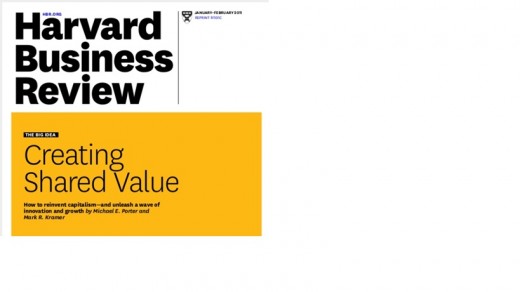
(Kramer, 2018)
Professor Michael Porter of Harvard Business School and Mark Kramer have built on a Corporate Social Responsibility (CSR) with Creating Shared Value (CSV). CSV goes beyond CSR, philanthropy, and sustainability. The concept is to create a capitalistic business model in which business can be a solution to social issues and make a profit. Professor Michael Porter is known for his business strategy work. CSV is a strategy that benefits the community, employees, consumers, and other shareholders. It suggests three ways for a business to engage society:
- By reconceiving needs, products, & customers (Institute For Strategy & Competitiveness, 2017)
– Meeting societal needs through products
– Create products that are good for the customer
– Create products that have a long-lasting, useful life (less waste in dumps)
– Reduction of pollution (green energy – reduces company costs on energy)
– Safe work environment (lowers company costs on workman's compensation and training)
– Healthy employee programs (gyms in the workplace or reimbursement will reduce sick time and insurance costs)
– Serving the unserved or the underserved customers
2. By redefining productivity in the value chain (Institute For Strategy & Competitiveness, 2017)
– Improve productivity from raw material through to the end product (assist farmers in increasing crop yield, partner with middle man to provide more efficient equipment, team with logistics to reduce costs, etc.…)
– Utilizing resources, energy, suppliers, planning, and employees differently
3. By improving the local and regional business environment (Institute For Strategy & Competitiveness, 2017)
– Utilize local assets - Improving skills, education, the supplier base, the regulatory environment, and the supporting institutions that affect the business
– Boost output, growth, and creativity
– Strengthening the cluster (local organizations that support one another for the benefit of the municipality) on which the company depends
More importantly is the internal corporate culture, which is apparently set by upper management. Without the support of corporate control, it is unlikely that any social responsibility within the organization will continue, or even begin. Creating Shared Value (CSV) revolves around an overall corporate strategy to benefit societal needs and make a profit.
Both Corporate Social Responsibility and Creating Shared Value reiterate the lessons of Catholic Social Teaching. They require a cultural shift in business. They demand a Free Market Economy (Capitalism). They all address societal issues and the creation of potential solutions.
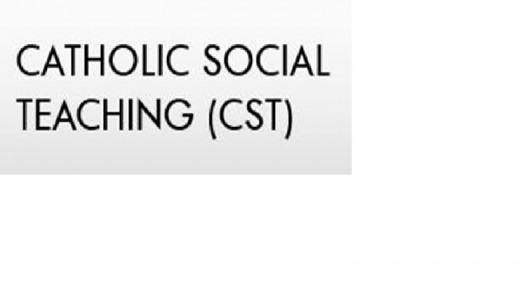
Modern Catholic Social Teaching, which begins with Pope Leo XIII's encyclical Rerum Novarum in 1891, has its roots in the Industrial Revolution, and and the exploitation of employees. Within the encyclical, Pope Leo begins to address the impact on society by bringing our attention to:
- the wealth disparity between workers and the wealthy
- the right to private property
- the dignity in work
- the concept that people are more important than property
- the states responsibility to promote the common good. (XIII, 2017)
Since Pope Leo's 1891 encyclical, several Popes have continued to write encyclicals reminding Catholics of their responsibilities towards those less fortunate, and their rights are given to us one God made of in His image and likeness.

(McElwee, 2016)
Cardinal Peter Turkson, the President of the Pontifical Council for Justice and Peace, issued a document, "Vocation of the Business Leader A Reflection." In this document, the Council elevates business management to a vocation. It is also reminding professors in Catholic institutions of business-related courses, that they must reinforce Catholic Social Teaching as it relates to their subject in their classes.
As a vocation, Catholic business educators should involve the teaching:
- that for a business to do good, everyone must do good
- strive to reflect a Catholic character
- as a business leader/manager one must develop a moral compass consistent with the ethics and integrity of the Catholic Church
- teach how to live a good life, grow your faith, seek a balanced life, and live as a servant leader (Dayton, 2012).
The purpose of business is to serve the common good:
- by continuing God’s work in creation
- to serve humanity
- commit oneself to the common good in solidarity
- respect creation for future generations (Dayton, 2012).
To do that, Cardinal Turkson suggests providing products and services price to benefit clients, providing a sufficient return on investment, adequate pay for employees, fair terms for suppliers, and pay due taxes. In this way, the business is contributing to the economy, human progress, and God's kingdom (Dayton, 2012).
References
Dayton, U. o. (2012, July 9). University of Dayton: Cardinal Turkson Business is a vocation from God-Full Talk. Retrieved from YouTube.com: https://www.youtube.com/watch?v=lczKVWDxN00
Department of Business, Enterprise and Innovation. (n.d.). Enterprise and Innovation. Retrieved from DBEI Business: https://dbei.gov.ie/en/
Institute For Strategy & Competitiveness. (2017). The Three Levels of CSV. Retrieved from Harvard Business School: http://www.isc.hbs.edu/creating-shared-value/csv-explained/three-levels-of-csv/Pages/default.aspx
Kramer, M. E. (2018). Harvard Business Review. Retrieved from LinkedIn Corporation : https://www.slideshare.net/katbury1907/creating-shared-value
McElwee, J. J. (2016, September 20). Cardinal Turkson: 'We do not stop war by starting another war'. Retrieved from The National Catholic Reporter Publishing Company: https://www.ncronline.org/news/people/cardinal-turkson-we-do-not-stop-war-starting-another-war
XIII, P. L. (2017, Feb 20). Papal Encyclicals Online. Retrieved from Rerum Novarum: http://www.papalencyclicals.net/leo13/l13rerum.htm
© 2018 Mike Czarnecki




